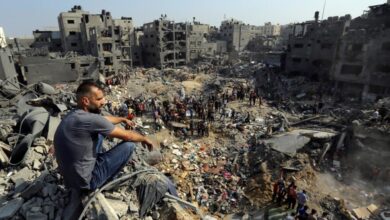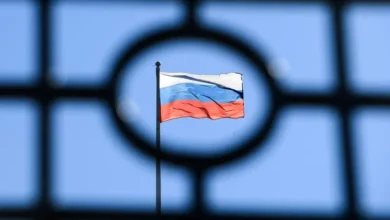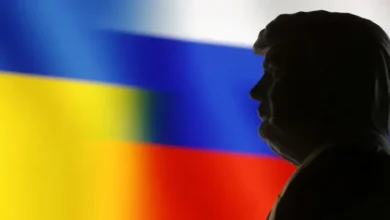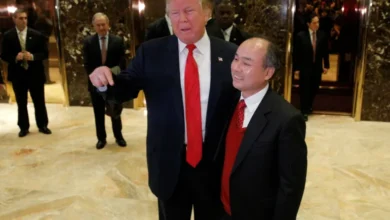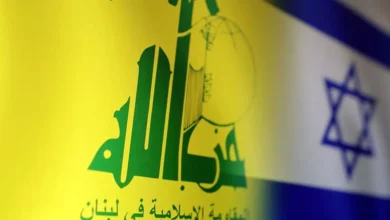Pakistan pitches ‘responsible’ image as diplomatic war with India heats up
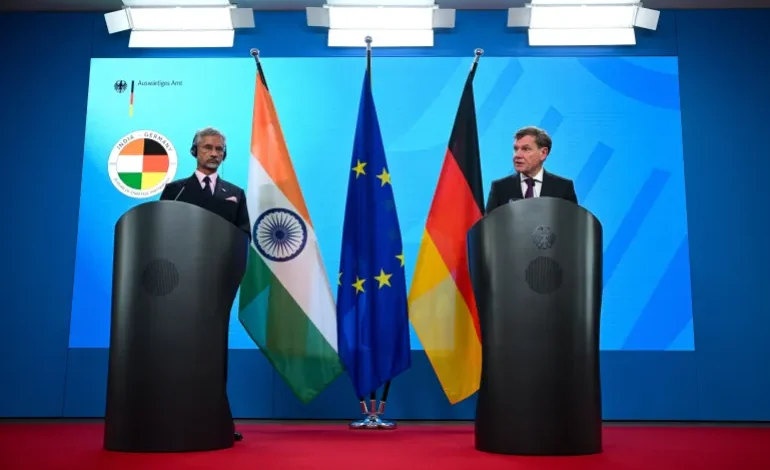
Pakistan Prime Minister Shehbaz Sharif visited Azerbaijan in February, and Turkiye only a month ago, in April.
Yet, this week, he was back in both countries, as part of a five-day, four-nation diplomatic blitzkrieg also including stops in Iran and Tajikistan, where Sharif will hold talks on Thursday and Friday. And he isn’t alone: Sharif is being accompanied by Army Chief Asim Munir – recently promoted to Pakistan’s only second-ever field marshal – and Deputy Prime Minister Ishaq Dar.Their destinations might be familiar, but the context has changed dramatically since Sharif’s previous visits.
More than two weeks after a four-day standoff between Pakistan and India – during which they exchanged missile and drone attacks – diplomacy has become the new battlefront between the South Asian neighbours.
India has launched a global diplomatic campaign, sending delegations to more than 30 countries, accusing Pakistan of supporting “terrorist groups” responsible for attacks in India and Indian-administered Kashmir.“We want to exhort the world to hold those responsible for cross-border terrorism accountable, those who have practiced this for 40 years against India, that is Pakistan. Their actions need to be called out,” said Randhir Jaiswal, spokesperson for India’s Ministry of External Affairs, last week.
On April 22, gunmen killed 26 people, most of them tourists, in Pahalgam, a hill resort in Indian-administered Kashmir, in the worst such attack on civilians in years. India blamed the killings on The Resistance Front (TRF), which it alleges is linked to Lashkar-e-Taiba (LeT), a Pakistan-based group designated as a “terrorist” entity by the United Nations. New Delhi accused Islamabad of complicity in the attacks.
Pakistan denied the allegations, calling for a “transparent, credible, independent” investigation.
Then, on May 7, India launched a series of missiles aimed at what it said was “terrorist infrastructure” in parts of Pakistan and Pakistan-administered Kashmir. Islamabad insisted that the missiles struck civilians, mosques and schools. More than 50 people, including at least 11 security personnel, were killed in the Indian missile attacks.
This was followed by drone incursions and, on May 10, both sides fired missiles at each other’s military bases, as they stood on the brink of a full-fledged war before they agreed to a ceasefire that the United States says it brokered.Now, Pakistan, say officials and analysts, is looking to flip India’s narrative before the world – projecting itself as an advocate of peace and stability in South Asia, and New Delhi as the aggressor looking to stoke tensions.On Wednesday, Sharif expressed willingness to engage in dialogue with India on “all matters” if India reciprocates “in all sincerity”.
Speaking at a trilateral summit in Lachin, Azerbaijan, Sharif said trade could resume if India cooperated on all issues, including “counterterrorism”.
“I have said in all humility that we want peace in the region, and that requires talks on the table on issues which need urgent attention and amicable resolution, that is the issue of Kashmir, according to the resolutions of the United Nations and the Security Council, and as per the aspirations of the people of Kashmir,” he said.
Kashmir, a picturesque valley in the northeastern subcontinent, remains the root of conflict between the two nuclear-armed nations since their independence in 1947.
A 1948 UN resolution called for a plebiscite to determine Kashmir’s future, but eight decades later, it has yet to take place.
India and Pakistan each administer parts of Kashmir, while China controls two small regions. India claims the entire territory; Pakistan claims the portion administered by India, but not the areas held by Pakistan’s ally, China.
Contrasting diplomacy
But there are other motivations driving Pakistan’s diplomatic outreach, say officials and experts.
India’s diplomatic delegations that are currently touring the world include members from various political parties, including the ruling Bharatiya Janata Party (BJP) and the opposition Indian National Congress (INC), projecting a unified stance.The trip also reflects strategic alignment, say analysts. Turkiye, whose drones were used by Pakistan in the recent conflict, is a key defence partner.
“Pakistan’s defence cooperation with Turkey is especially deep,” said Christopher Clary, assistant professor of political science at the University at Albany.
“Evidence suggests several Turkish-origin systems were used in this recent clash, with varying levels of effectiveness, so there is much to talk about between the two,” he told Al Jazeera.
Khurram Dastgir Khan, a former federal minister for foreign affairs and defence, is part of a Pakistani delegation set to visit the US, United Kingdom and European Union headquarters in Brussels next month.
He said the current trip by Sharif, Munir and Dar is at least partly about highlighting Pakistan’s capacity to wage a modern war against a larger adversary. “There is immense interest in how Pakistan fought the recent war,” Khan said.
“There are countries deeply interested in learning the details, what capabilities Pakistan used and what Indians had,” he added.
“This opens new strategic possibilities for Pakistan’s defence forces to provide training to others. We are battle-tested. This makes us highly sought after, not just in the region but globally.”Pakistan relied heavily on Chinese-supplied weaponry, including the fighter jets and missiles it deployed against India, and the air defence systems it used to defend itself from Indian missiles.
Post-conflict narrative battle
Though both countries claimed victory after the conflict, the battle over narratives has since raged across social media and public forums.
Pakistan claims to have downed six Indian jets, a claim neither confirmed nor denied by India, while Indian missiles penetrated deep into Pakistani territory, revealing vulnerabilities in Pakistan’s air defences.
India has also suspended the six-decade-old Indus Waters Treaty (IWT), a critical water-sharing agreement that is vital to Pakistan.
Recently, Indian Prime Minister Narendra Modi urged Pakistanis to reject “terrorism”. “Live a life of peace, eat your bread or choose my bullet,” Modi said, during a speech in India’s Gujarat state.
He also criticised the IWT as “badly negotiated”, claiming it disadvantaged India.Muhammad Shoaib, an academic and security analyst at Quaid-i-Azam University, said Modi’s remarks reflected “ultra-nationalism” and were targeted at a domestic audience.
